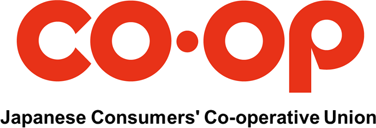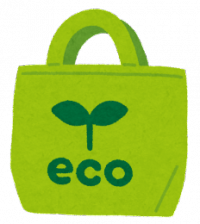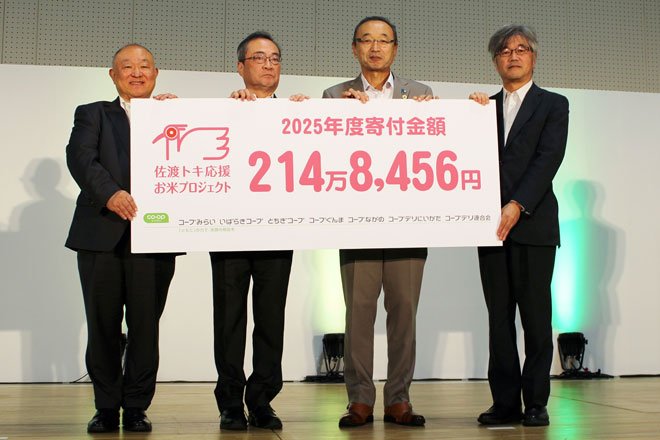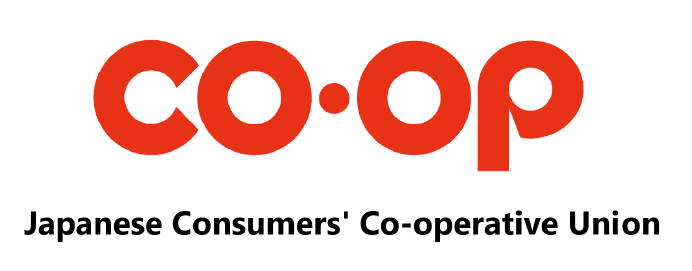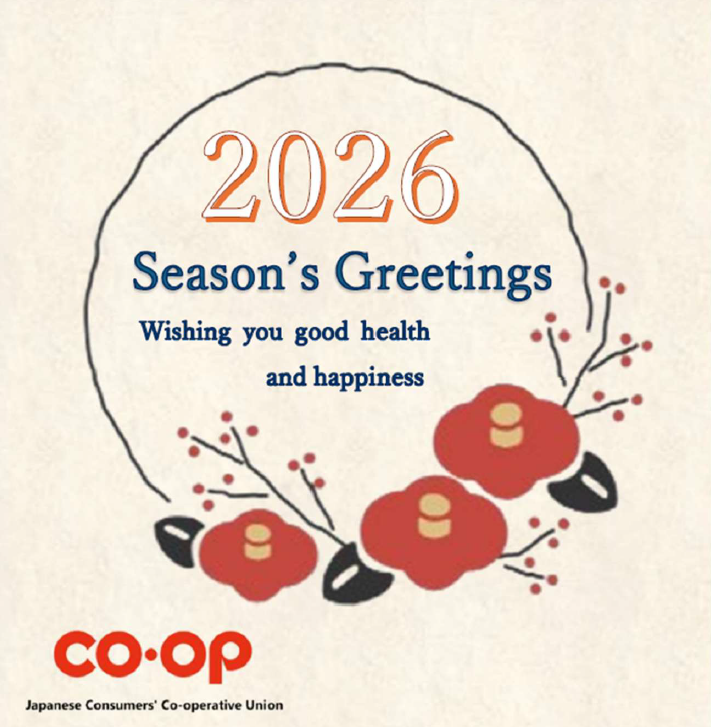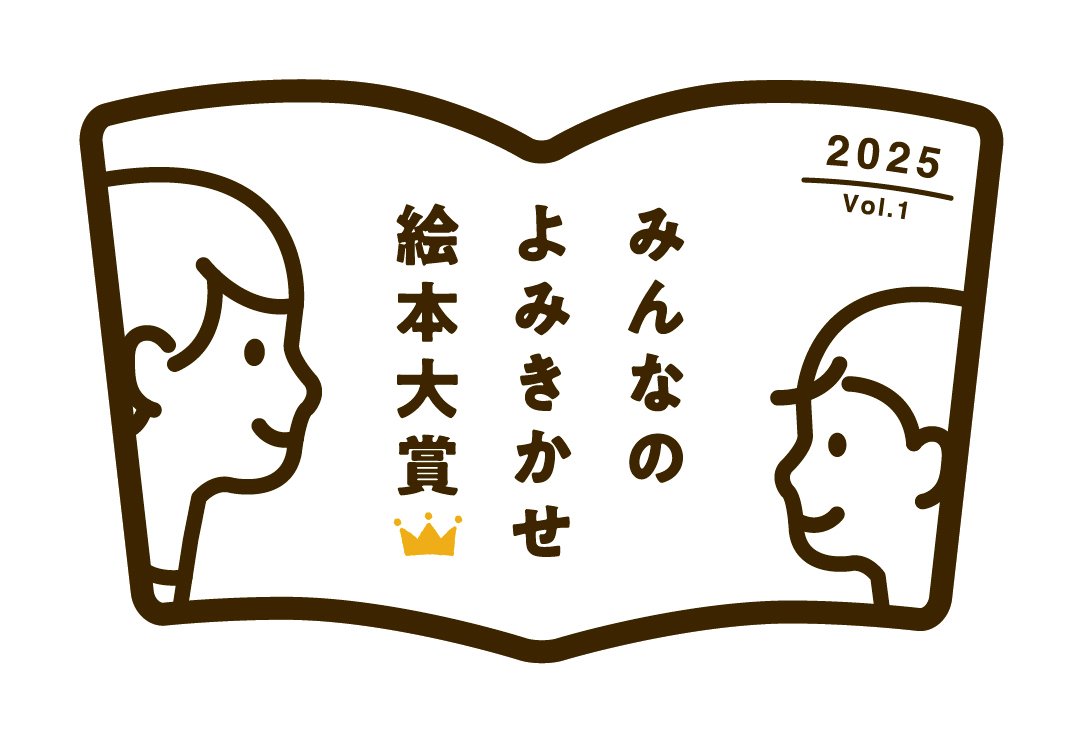JCCU announces results of survey on co-op members' attitudes toward ethical consumption
2021.10.19
JCCU reports the results of its "Questionnaire on Human and Environmentally Friendly Consumption Activities," which surveyed members' awareness and purchasing behavior regarding ethical consumption*.
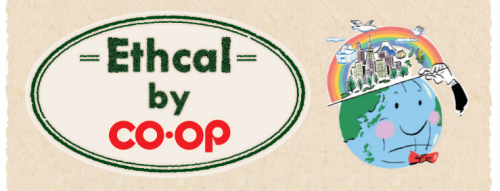
■ Survey results:
1. Ethical practices in shopping:
When they were asked about their ethical shopping practices, the most common answer was "bringing their own bags" representing 94.3% of the respondents, and the second most common answer was "buying refillable products",78.8%.
On the other hand, their intentions to purchase ethical products varied depending on the types of products. Respondents chose local products (46.5%), sanchoku** products (33.1%), organic foods (14.4%), and fair-trade products (11.2%) as ethical products they intend to purchase.***
** "Sanchoku" is a Japanese word translated as a direct transaction or direct buying route from producers to consumers without the use of wholesalers or any other medium of transaction.
***Participants of the survey chose answers from "Local products (local production for local consumption)", "Sanchoku products", "Products from the region to support reconstruction and producers", " Donation-based products", "MSC and FSC certified products", "Fairtrade products", "Organic foodstuffs", and "Specially grown agricultural products".
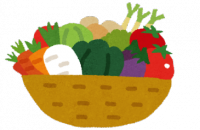
2.Household initiatives to reduce food waste:
Regarding household efforts to reduce food waste, 58.9% of the respondents answered that they "buy only what they need" when shopping and 56.6% answered that they "plan what they cook trying to use what they have at home". In addition, about 46.7% of the households "avoid leftovers by cooking the amounts they can eat" and 43.5% "make prep meals or freeze food when they purchased food in large quantities".
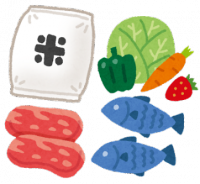
3.Is the majority interested in ethical consumption?
More than half of the respondents, about 57.3%, answered that they were "interested" or "somewhat interested" in ethical consumption. The most common reason for why they do ethical consumption and other social initiatives was "for the environment" at 58.6%, followed by "for children and the next generation" at 39.1%, and "to support workers and protect animals" at 32.1%.
On the contrary, the most common reason given for being unable or difficult to engage in ethical consumption was "high prices and increased financial burden" (36.2%). The next most common responses were "not knowing the effects of the initiatives" and "not knowing what kind of initiatives there are available," both at 17.1%.
4. Changing awareness of ethical consumption after the spread of COVID-19
When asked how their awareness of ethical consumption has changed since the spread of COVID-19, 53.9% of respondents answered that it has remained the same as before. On the other hand, 15.5% of the respondents answered that their awareness of ethical consumption has "increased" or "slightly increased" compared to the past. The most common reason for the increased awareness was that they spent more time at home and began to reevaluate their lifestyle (54.3%), followed by growing interest in health and safety (47.9%) and wanting to support producers (44.1%).
This survey was conducted with the aim of clarifying co-op members' awareness of their lifestyles and purchasing behavior and utilizing the information for product assortment and development. Responses were collected from co-op members of 10 consumer co-ops nationwide and co-op business federations affiliated with JCCU. (Period: July 8 to July 13, 2021; Number of valid responses = 5,879)
*Ethical consumption: Consumption behavior that takes into consideration people, society, the community, and the environment, including local revitalization and employment.
The related page "Ethical by Co・op":/eng/feature/ethical/
